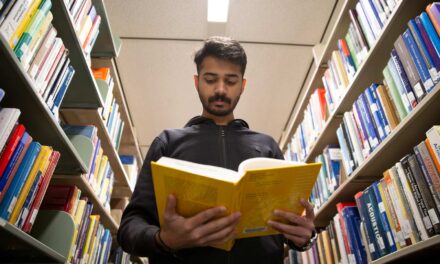
Research funding helps graduate students reach their goals
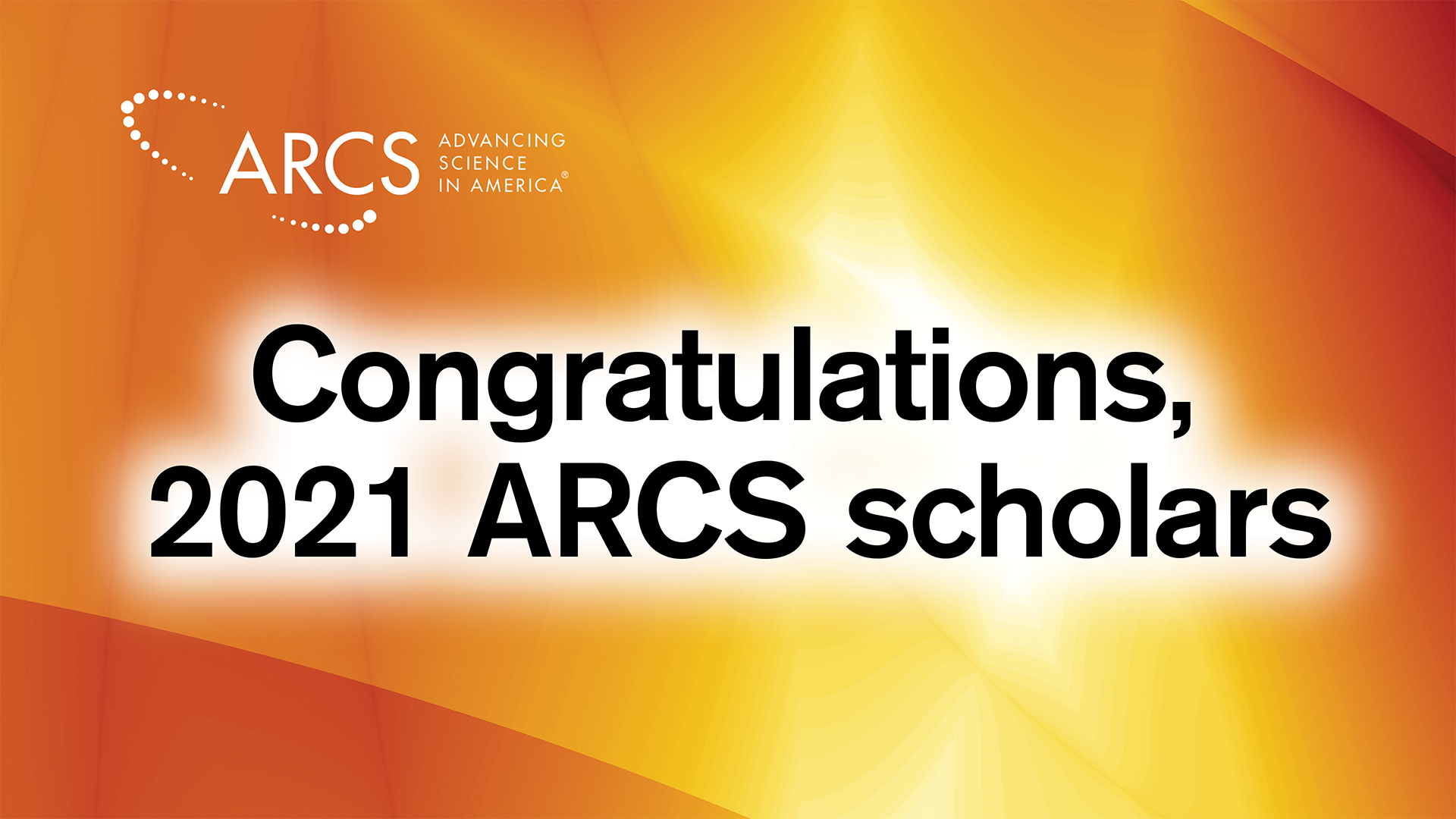
Nine graduate students in the Ira A. Fulton Schools of Engineering are receiving unrestricted funding from the Achievement Rewards for College Scientists Phoenix Chapter. The recipients are trailblazers in the fields of materials science and engineering, biological design, and biomedical, chemical, electrical and mechanical engineering.
For a chosen few of Arizona State University’s top graduate student researchers, the road to scientific breakthroughs just got a little easier thanks to the highly selective and unrestricted Achievement Rewards for College Scientists Award.
The ARCS Foundation Phoenix Chapter chose 17 scholars for the 2021-2022 cohort of ARCS awardees at ASU, nine of whom hail from the Ira A. Fulton Schools of Engineering.
The ARCS Foundation Phoenix Chapter was chartered in 1975 and since that time has provided $6,940,250 to support 1,089 outstanding graduate students attending Arizona State University, Northern Arizona University and the University of Arizona. The national chapter has funded American scientists since 1958, with some of its notable alumni including NASA astronaut Jessica Meir and astrophysicist Neil deGrasse Tyson.
THE FREEDOM TO CONDUCT RESEARCH
ARCS recipients receive $8,500 toward their research and the funds can be used however the researchers see fit. The award is administered to ASU students by the ASU Graduate College.
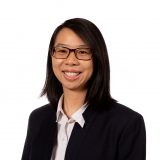
Wendy Lin, chemical engineering
Wendy Lin, a doctoral candidate in chemical engineering who is studying the effects of extreme environments on liquid-based electrolytes, says she was thrilled to find out she was selected for the 2021-2022 ARCS cohort.
“I am extremely grateful for ARCS, especially to my donors, Mrs. Ellie Ziegler and Mr. Michael Ziegler,” Lin says. “With ARCS’s financial support, I can cope with challenges from COVID-19 more easily. I can continue my research activities like setting up a remote working environment from home and securing safe transportation for when I’m coming to work on campus.”
ENERGIZING THE FUTURE
ARCS’s mission is to advance science and technology in the United States by providing financial awards to academically outstanding doctoral students studying to complete degrees in science, engineering and medical research.
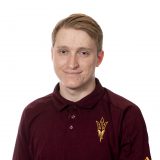
Tyler McCarthy, electrical engineering
Tyler McCarthy, who is pursuing his doctorate in electrical engineering, will use his ARCS funding for critical modeling software to continue his research.
Along with Professor Yong-Hang Zhang, McCarthy works in the MBE Optoelectronics Group to uncover a more efficient and low-cost cadmium telluride thin-film solar cell.
“My research will help push us towards a cleaner, green-energy focused future,” McCarthy says.
FUNDING VALIDATES IMPACTFUL RESEARCH
Many of the ARCS scholars are funded by individual trusts maintained by the ARCS Phoenix Chapter. Electrical engineering doctoral candidate Tyler Sypherd’s funding comes from the Krepper Family Trust. The award will cover some of his daily expenses as well as the costs of attending and presenting at conferences once COVID-19 travel restrictions are lifted.

Tyler Sypherd, electrical Engineering
Sypherd maintained a 4.0 throughout his coursework while working for the past seven years with Lalitha Sankar, an associate professor of electrical and computer engineering in the School of Electrical, Computer and Energy Engineering, one of the six Fulton Schools.
“I am personally very thrilled he was selected,” Sankar says. “He is very deserving.”
Sypherd’s research sits at the intersection of machine learning and information theory. He envisions a world where the robustness and fairness of machine learning models are at the forefront of design.
“The ARCS award is a huge boon for my PhD,” says Sypherd. “It’s a vote of confidence in the practical value of my research, and it has a strong positive effect on my motivation.”
TIME IS PRICELESS FOR RESEARCHERS
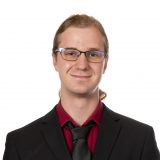
Erik Poppleton, biological design
One of the other benefits of an ARCS award is the gift of time. For doctoral candidate Erik Poppleton, the freedom to stay immersed in his research instead of earning money as a teaching assistant is one of the most significant benefits.
Poppleton is studying biological design in the School for Engineering of Matter, Transport and Energy, another of the six Fulton Schools.
The main focus of his research is designing software to visualize and analyze DNA and RNA nanostructures to give researchers, and eventually medical practitioners, greater insight into precision medicine.
“I hope my tools will be integral in the creation of powerful medical diagnostic tools and nanoelectronics, one day making an impact on the lives of the general population,” Poppleton says.
MEET THE ASU FULTON SCHOOLS ARCS SCHOLARS
| Reza Ahmed | Mechanical engineering | School for Engineering of Matter, Transport and Energy | |
| Jeffrey Blanzy | Biomedical engineering | School of Biological and Health Systems Engineering | |
| Mark Blei | Materials science and engineering | School for Engineering of Matter, Transport and Energy | |
| Wendy Lin | Chemical engineering | School for Engineering of Matter, Transport and Energy | |
| Jennapher Lingo Van Gilder | Biomedical engineering | School of Biological and Health Systems Engineering | |
| Tyler McCarthy | Electrical engineering | School of Electrical, Computer and Energy Engineering | |
| Sydney Parrish | Chemical engineering | School for Engineering of Matter, Transport and Energy | |
| Erik Poppleton | Biological design | School for Engineering of Matter, Transport and Energy | |
| Tyler Sypherd | Electrical engineering | School of Electrical, Computer and Energy Engineering |
















